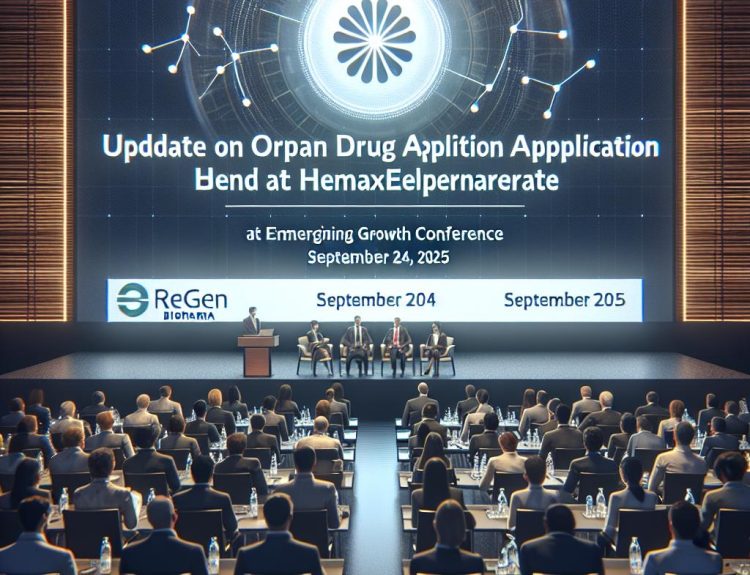Neura Health has raised $11.4 million in Series A financing, led by the American Heart Association’s Go Red for Women Venture Fund in its first-ever investment, bringing the company’s total to $22 million. The virtual neurology clinic operates a nationwide, payer-contracted platform that blends video visits with neurologists and subspecialists, AI-enabled workflows, integrated symptom tracking and EHR connections, and between-visit coaching. Neura is expanding into memory care as demand from an aging population collides with a severe neurologist shortage and months-long wait times. The company reports published outcomes, including a 73% reduction in emergency and urgent care visits and a 66% improvement in patient-reported global impression of improvement. To date, it has treated more than 43,000 patients, is in network with over 40 health plans, including Medicare, collaborates with health systems, and maintains referral ties with device makers in headache and vestibular disorders.
A disease foundation–backed check into a virtual specialty clinic signals a shift: access and outcomes infrastructure is becoming as investable as new molecules. For neurology, where 145 million Americans live with conditions ranging from migraine to epilepsy to cognitive decline, the bottleneck is not just therapy innovation but timely diagnosis, longitudinal management, and data liquidity. This funding underwrites a full-stack care model that attempts to compress triage, evaluation, and follow-up into a digital-first workflow, positioning Neura as a front door to specialty care. The strategic question for industry leaders is whether such platforms will evolve from point-of-care convenience to channel power, shaping prescribing, persistence, and evidence generation across high-cost categories.
For Commercial teams, a vetted tele-neurology network with seven-day access and integrated monitoring could become a scalable access channel in migraines, movement disorders, neuropathic pain, and post-stroke care, where inappropriate acute utilization and adherence gaps drive costs. As anti-amyloid therapies, CGRP inhibitors, neuromodulation devices, and emerging digital therapeutics vie for uptake, coordinated care pathways and real-world outcomes will determine coverage and pull-through. Neura’s payer contracts and reported reductions in acute care use create a foundation for value narratives and, potentially, outcomes-based arrangements. For Medical Affairs, the promise lies in real-world evidence: centralized symptom trajectories, treatment patterns, and longitudinal outcomes across subtypes that have historically been siloed. If curated with methodological rigor and linked to claims and imaging, such datasets can power label-expansion studies, external control arms, and pragmatic trials in a domain where traditional recruitment is slow and site capacity is constrained.
The timing is notable. Telehealth exuberance has normalized, but specialty virtual care that integrates guideline-based practice, care coaching, and AI-enabled documentation is gaining payer traction, while health systems look to offload waitlists without losing referral control. Competition will come from hospital-led tele-neurology, insurer- and retailer-owned platforms, and single-indication digital entrants, yet breadth across major neurologic categories offers differentiation if outcomes remain durable. The memory care expansion is strategically aligned with the operational demands of new Alzheimer’s therapies, which require fast identification, cognitive assessments, imaging coordination, and safety monitoring, but it will test the scalability of scarce subspecialty oversight. Whether virtual neurology clinics become gatekeepers for therapy initiation and persistence, or consolidators acquired by payers and retailers, will shape how neuro-innovations reach patients. The next signal to watch is a pharma RWE or distribution partnership that hardwires these workflows into launch plans.
Jon Napitupulu is Director of Media Relations at The Clinical Trial Vanguard. Jon, a computer data scientist, focuses on the latest clinical trial industry news and trends.







